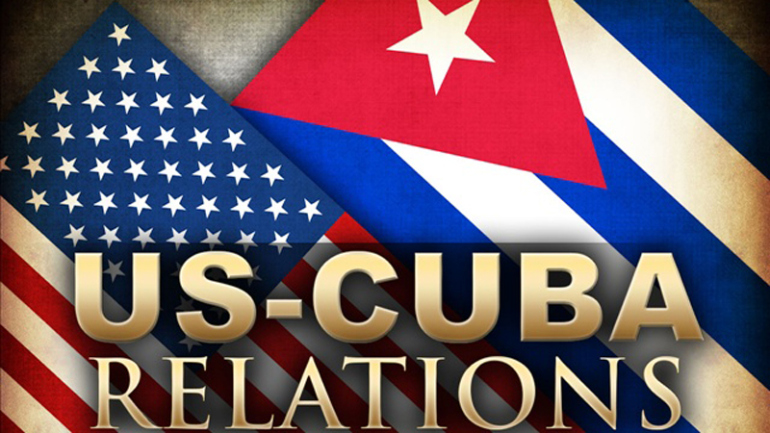
Cuba and our good name
“Who steals my purse steals trash … But he that filches from me my good name robs me of that which not enriches him and makes me poor indeed.” — Shakespeare’s Othello
Immediate attention today is turned to whether or not the Government of Cuba caused intentional harm to U.S. and Canadian diplomats through a series of sonic incidents in Havana. Frankly, it looks more like spyware gone bad than an intentional effort to do harm. Damage is done, nonetheless, as the U.S. has reciprocated with the expulsion of two Cuban diplomats from Washington.
Long-term concern, however, relates to President Trump. In short, what exactly is Trump’s Cuba policy today? Are his administration’s incremental reversals of previous U.S.-Cuba policy all we shall see, or will there be more, and more substantial, reversals of what was beginning to look like a warming relationship?
Even the small steps backward — and most certainly more substantial ones — are detrimental to U.S. national security, and while many aspects of that negative impact are readily discernible — from cooperation in managing drug trafficking to the environment — the most dangerous aspect, as with the U.S. practice of torture from 2002-2006, goes largely unreported.
Simply stated, the reputation of America is as powerful a component of its standing in the world — perhaps more so — than its vast array of tanks, warplanes, and warships. For the billion people in the Western Hemisphere, and increasingly for the six billion others in the rest of the world, the U.S.’ Cuba policy is another nail in the coffin of the American empire. Of late, nations around the world have been hammering in such nails with alarming frequency and vehemence.
From the now utterly nonsensical embargo on Cuba — essentially an abuse of the use of sanctions bordering on an act of war — to the unseemly and unconstitutional restrictions on travel to the island by U.S. citizens, U.S.-Cuba policy would be the laughing stock of the world if it were not so indicative of America’s present policies — and thus a serious matter indeed. What a worsening of this policy would do is add immeasurable weight to a now swiftly-coalescing world opinion that America is no longer worthy of global leadership.
A dramatic historical moment in 1956, during the presidency of Dwight Eisenhower, sums up brilliantly what reputational power is all about. The moment is described eloquently by Eisenhower biographer Jean Edward Smith. The occasion was President Eisenhower’s having compelled Great Britain, France and Israel to reverse their combined invasion of Suez:
“Never in the postwar era was American prestige higher than in the aftermath of Suez. Small nations could scarcely believe the United States would support Egypt, a Third World country, in a fight against two of America’s oldest allies, or that it would come to the aid of a Muslim state resisting Israeli aggression. ‘Never has there been such a tremendous acclaim for the President’s policy,’ Henry Cabot Lodge reported from the United Nations. ‘It has been absolutely spectacular.'”
Eisenhower understood what reputational power meant in the world. He knew it outweighed all the panoply of war of which, ironically enough, he was arguably one of the foremost practitioners.
Today, with America’s reputation in tatters all over the globe, in the wake of Iraq, Afghanistan, Syria, torture, walls on the Mexican border, and strategic missteps from Berlin to Beijing, the very last thing Washington needs is another policy disaster. To reverse the opening to Cuba would be a serious blow to U.S. security in the Western Hemisphere and add another blow to that security, already in serious jeopardy, elsewhere in the world.
That is the last thing the nation needs; it would make us poor indeed.
Colonel Lawrence Wilkerson, Distinguished Adjunct Professor of Government and Public Policy at the College of William and Mary, is this week’s guest contributor to the Cuba Central News Brief. He served as Secretary of State Colin Powell’s Chief of Staff from 2002 to 2005, and as Associate Director of the State Department’s Policy Planning staff from 2001 to 2002, during which time he focused on East Asia and the Pacific, political-military, and legislative affairs. Prior to working in the State Department, Col. Wilkerson served in the U.S. Army for 31 years.
(From Cuba Central)

